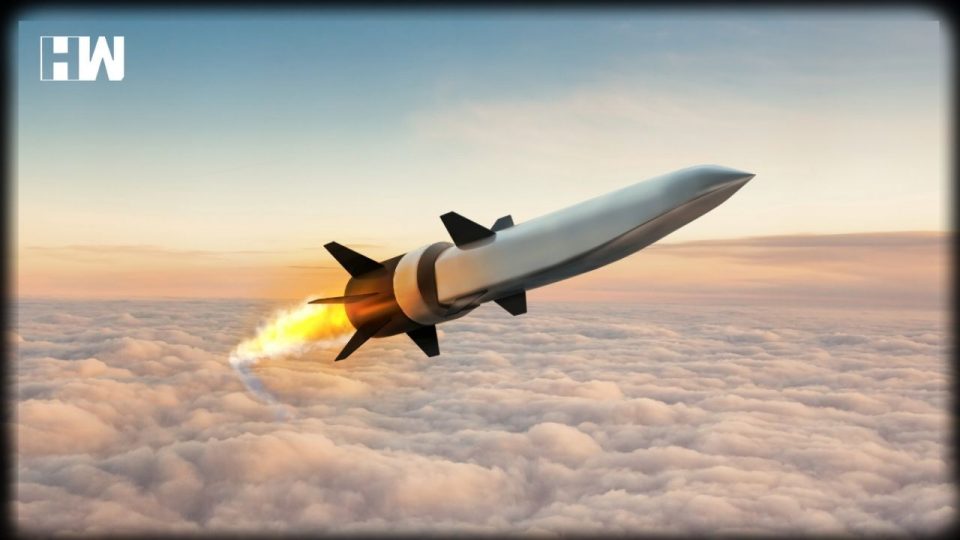Beijing: China’s progress on hypersonic weapons has “caught US intelligence by surprise,” said a report. China tested its hypersonic missile on Saturday according to media reports.
“The test showed that China had made astounding progress on hypersonic weapons and was far more advanced than US officials realised,” the report said, citing people briefed on the intelligence.
The report, cited multiple sources familiar with the test, said Beijing in August launched a nuclear-capable missile that circled the Earth at low orbit before descending toward its target, which three sources said it missed by over 20 miles (32 kilometers).
Media sources said that the hypersonic glide vehicle was carried by a Long March rocket, launches of which it usually announces, though the August test was kept under wraps.
At least five countries along with China, US and Russia are working on hypersonic technology. Hypersonic missiles, like traditional ballistic missiles which can deliver nuclear weapons, can fly at more than five times the speed of sound.
But ballistic missiles fly high into space in an arc to reach their target, while a hypersonic flies on a trajectory low in the atmosphere, potentially reaching a target more quickly.
Crucially, a hypersonic missile is maneuverable (like the much slower, often subsonic cruise missile), making it harder to track and defend against.
While countries like the United States have developed systems designed to defend against cruise and ballistic missiles, the ability to track and take down a hypersonic missile remains a question.
China has been aggressively developing the technology, seeing it as significant to defend against US gains in hypersonic and other technologies, according to a recent report by the US Congressional Research Service (CRS).
The reported test comes as US-China tensions have mounted and Beijing has stepped up military activity near Taiwan, the self-ruling US-aligned democracy that Beijing considers a province awaiting reunification.
The Pentagon did not immediately respond to an AFP request for comment on the FT report.
As an independent media platform, we do not take advertisements from governments and corporate houses. It is you, our readers, who have supported us on our journey to do honest and unbiased journalism. Please contribute, so that we can continue to do the same in future.

